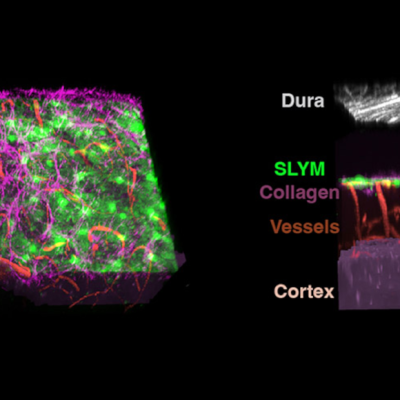A newly discovered molecule found in chestnut leaves may provide a solution to treating MRSA infections without promoting the development of new antibiotic-resistant bacteria. MRSA, or Methicillin-resistant Staphylococcus aureus, is a type of bacteria that can cause deadly infections in people with weakened immune systems. The bacteria is particularly problematic in medicine because it is resistant to many antibiotics. In response to the growing issue of antibiotic resistance, researchers at Emory University in Atlanta have been searching for new ways to treat MRSA infections. They turned to traditional Italian medicine, which uses a compress made from boiled chestnut leaves to treat burns, rashes, and infected wounds.
Through their research, the team discovered a previously unknown molecule called Castaneroxy A, which can neutralize MRSA bacteria without promoting the development of antibiotic-resistant strains. Unlike traditional antibiotics, Castaneroxy A does not directly attack the growth and survival of bacteria, but instead disrupts their communication, preventing the formation of toxins and reducing virulence. The molecule was isolated and pure crystals were obtained, despite making up only 0.0019% of chestnut leaves. The researchers have confirmed the therapeutic efficacy of Castaneroxy A in animal studies and human skin cell experiments.
The researchers hope that Castaneroxy A can be used to develop new strategies for combating bacterial infections on a clinical level. Rather than focusing on killing the microbes, the goal is to weaken them so that the immune system or antibiotics can better eliminate the infection. While the molecule has shown promise in treating MRSA infections, further research is needed to determine its effectiveness as a standalone treatment or as a supplement to antibiotics.










